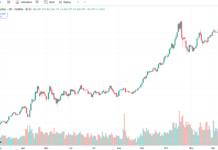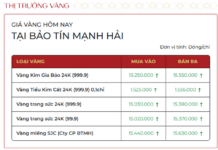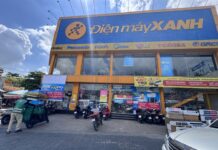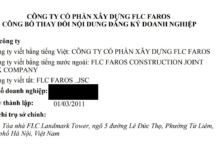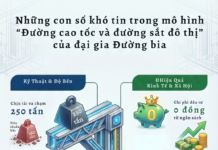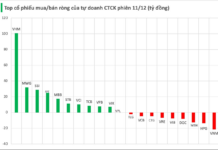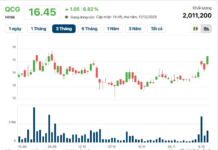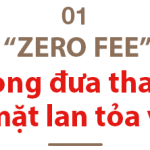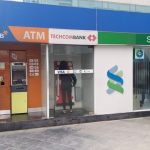1. New Prohibited Behaviors in Cashless Payments as of July 1st, 2024
Decree No. 52/2024/ND-CP has introduced several new prohibited behaviors in cashless payments compared to Decree No. 52/2024/ND-CP and Decree No. 80/2016/ND-CP. Some examples include:
– Providing intermediary payment services without a license from the State Bank of Vietnam. Providing payment services without being a licensed payment service provider.
– Engaging in, organizing, or facilitating the use of payment accounts, payment instruments, payment services, or payment intermediary services for gambling, organizing gambling, fraud, illegal business activities, or other illegal activities.
– Erasing, altering, buying, selling, transferring, renting, lending, or counterfeiting licenses for providing intermediary payment services.
– Delegating or appointing agents to carry out permitted activities as specified in the license for providing intermediary payment services.
– Committing fraud or forgery of documents to prove eligibility for a license to provide intermediary payment services in the application dossier.
– Operating outside the scope specified in the license for providing intermediary payment services.
– A payment account holder with an account at a payment service provider falsely declares to the relevant parties that they do not have a payment account with any payment service provider, as stipulated by law, regarding loan disbursement by credit institutions or foreign bank branches.
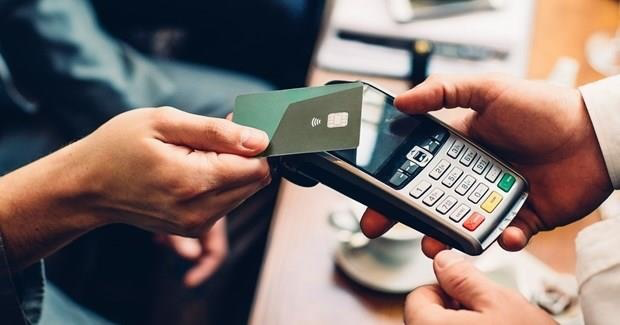
Four New Regulations on Cashless Payments Effective from July 1st, 2024, According to Decree 52/2024
2. New Cases of Payment Account Freezing as of July 1st, 2024
Payment accounts may be partially or fully frozen under the following circumstances:
– Per prior agreement between the payment account holder and the payment service provider or at the request of the account holder. (New case)
– When there is a written request or decision from authorized agencies as stipulated by law.
– When the payment service provider detects a mistake or error in crediting the customer’s account or upon a refund request from the transferring payment service provider due to mistakes or errors compared to the payer’s payment order after crediting the customer’s account. The frozen amount must not exceed the mistaken or erroneous amount.
– When there is a request for account freezing from one of the joint account holders, unless there is a prior written agreement between the payment service provider and the joint account holders. (New case)
Additionally, Decree 101/2012/ND-CP mentions another case: when there is a dispute among joint account holders.
3. Regulations on Electronic Money Effective from July 1st, 2024
– Electronic money refers to the value of Vietnamese Dong stored on electronic devices, provided on a fully-funded basis, corresponding to the amount prepaid by customers to banks, foreign bank branches, or e-wallet service providers.
– E-wallets and prepaid cards are electronic money storage tools.
– Payment intermediary service providers licensed to provide electronic money transfer services (as per Clause 5, Article 3 of Circular No. 39/2014/TT-NHNN) before July 1st, 2024, can continue to provide this service based on agreements between the parties.
Legal basis: Clause 12, Article 3; Clause 1, Article 6; Clause 2, Article 36 of Decree No. 52/2024/ND-CP.
4. E-Wallets Must Be Linked to Payment Accounts or Debit Cards of Customers
According to Clause 3, Article 6 of Decree No. 52/2024/ND-CP, e-wallet service providers must maintain the total balance of all guarantee accounts for e-wallet services opened at banks or foreign bank branches at a level not lower than the total balance of all issued e-wallets. They can only provide services to e-wallets linked to the payment accounts or debit cards of the customers themselves.
This is a new point in Decree No. 52/2024/ND-CP compared to Decree No. 101/2012/ND-CP.
However, this is not a new regulation and has been stipulated in Circular No. 23/2019/TT-NHNN amending and supplementing Circular No. 39/2014/TT-NHNN guiding intermediary payment services. Specifically, Circular No. 23/2019/TT-NHNN stipulates:
– E-wallet service providers must require customers to complete the linkage of their e-wallets with their payment accounts or debit cards opened at partner banks before using the e-wallet service.
– E-wallets must be linked to Vietnamese Dong payment accounts or debit cards (associated with Vietnamese Dong payment accounts) of customers opened at partner banks.
The Timeless Value of Bold Decision-making by “Trailblazers” in the Digital Banking Space
As a leading bank in pioneering new technologies and innovations, Techcombank has achieved remarkable successes that have created a strong momentum for digitalization in the banking industry. We play a vital role in driving the digital transformation of the economy and improving the social life of the people.
Surge in QR Payments Leads to Bank ATM Closures
By the end of January 2024, the market witnessed a decrease of 1.70% in the number of ATMs compared to the same period in 2023, with a total of 20,986 ATMs. On the other hand, there was a significant increase of 32.68% in the number of POS machines, reaching a total of 554,580 POS. The month of January 2024 also saw a remarkable surge in QR code transactions, with a staggering increase of 892.95% in terms of quantity and an impressive 1,062.01% in terms of value.






